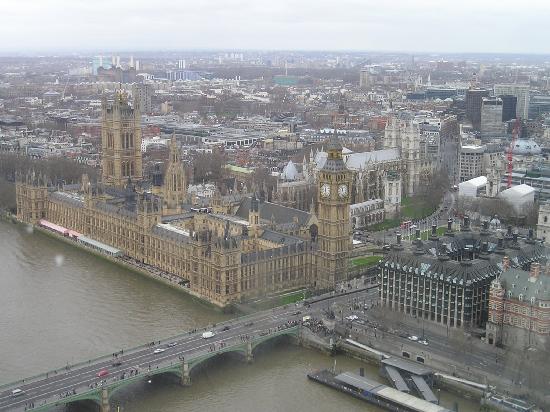
|
The capital of England |

Links: |
London (pronunciation; IPA: /ˈlʌndən/) is the largest urban area and capital of England and the United Kingdom. Through this Treasure Hunt you will know many more things about this exciting capital. Use the links provided to answer the questions. 1. Which are the most interesting places you would like to visit? Make a list bearing in mind if the place is a museum, a park, an attraction, a street, an avenue, a pub, a mall, etc. 2. Write a list of the events that are arranged in London for this August. 3. London is made up of a rich tapestry of villages, all just waiting to be explored. Individual and unique, check out our guides to some of the best villages. You'll find plenty to see and do, from charming shops and restaurants to local galleries and museums. Get ready to explore a new part of town! For instance, what activities can you do in Greenwich? 4. What are London's Oyster Cards? What are they used for? Who uses them? 5. Imagine you are in the tube of London. You are in Regent's Park station and you want to move to Westminster. Explain the route you have to take. Does it take long to get there? 6. Hostels are great places to stay if you don't want to spend much money. Moreover, during the summer many universities and colleges open open their student halls to visitors, offering remarkably comfortable, relatively cheap accommodation, and a great alternative to a London hotel. How much money (more or less) could you and your friend spend in a hostel for a week? Give details about the cheapest one. 7.When and what happened in the Great Fire of London? Write about the causes, the fire and the consequences. 8. Which is the river that goes through London? Write about its main characteristics. 9. Who is the Mayor of London? Is he a Laborist or a Conservative? Where does the Prime Minister live? Who is the Prime Minister and which is his or her political party? 10. What is the A-level? NOW, you have to organize an end-of-the-course trip to London. Bear in mind these things: a) Accommodation (rooms, breakfast, lunch, dinner). b) The price of some attractions. (Most museums are free). c) Means of transport: plane, trains, tube, buses, etc. d) Timetable of the week (from Monday to Friday). e) Economic expenses. f) Weather and clothes. g) Others... |